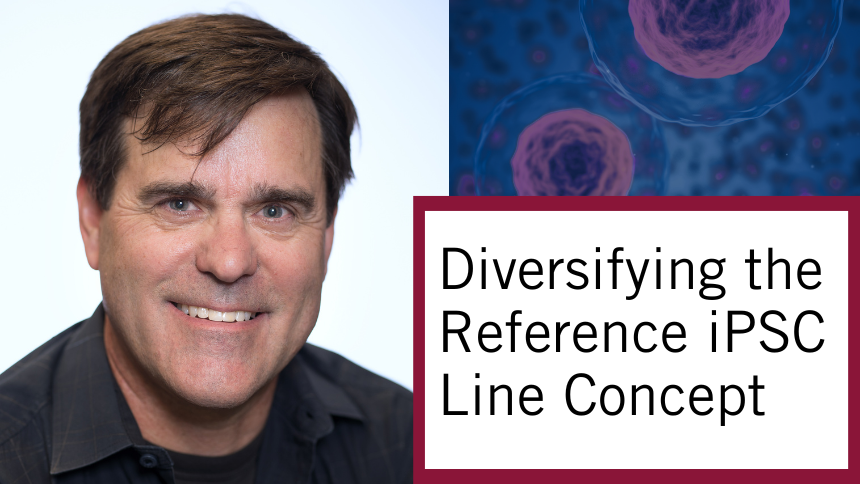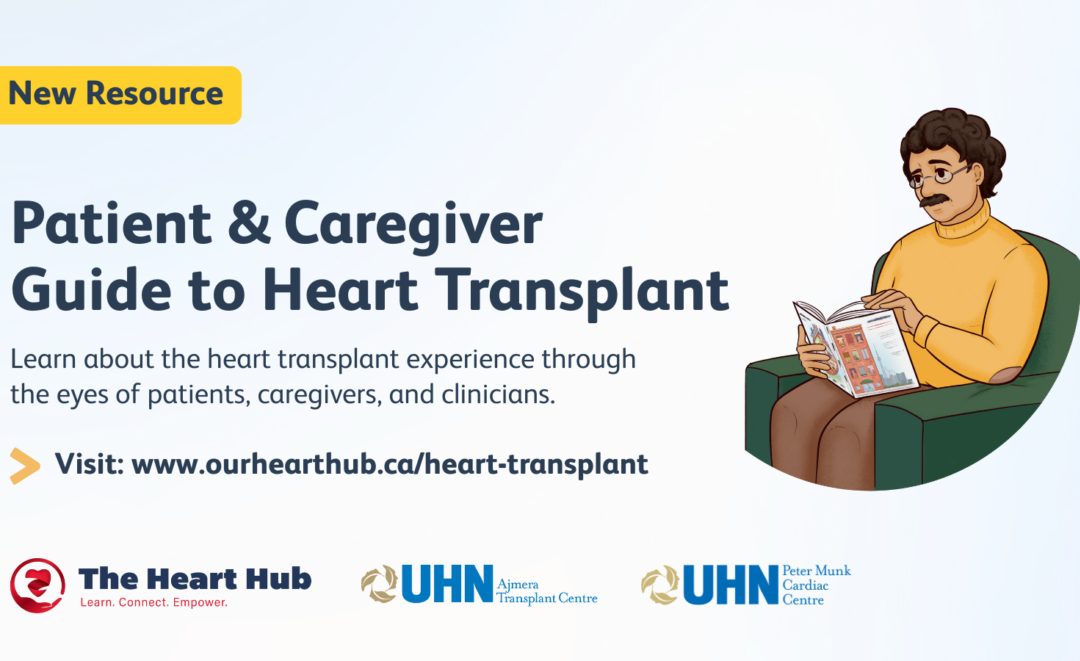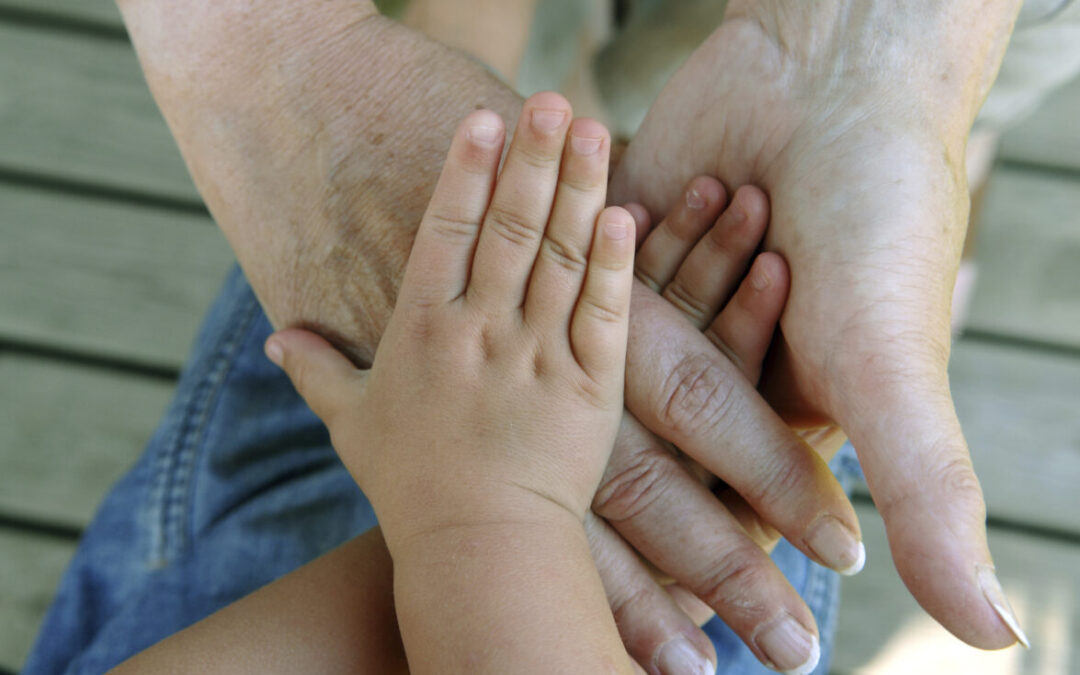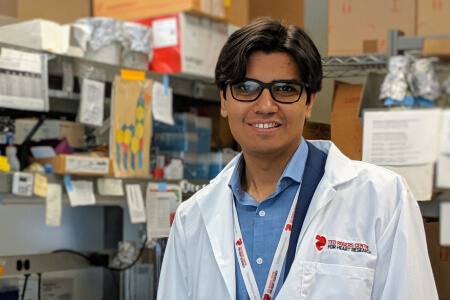As COVID-19 devastated the population and tested hospital capacity, we leveraged deep data science efforts to create a new app. “RCOVID” automatically pulls together patient’s health-care data, including bloodwork and COVID tests, and prepopulated fields for physicians to quickly view.
As a virtual visit is complete, physicians can create a traditional clinic note that is stored in the EMR and accessible by all doctors in that patient’s circle of care. Through this app, clinicians efficiently delivered accessible virtual care and tracked and triaged at-risk patients. Over the first two years of the COVID pandemic, nearly 100,000 patients were managed with RCOVID, leading to a steep decline in ED admissions.














